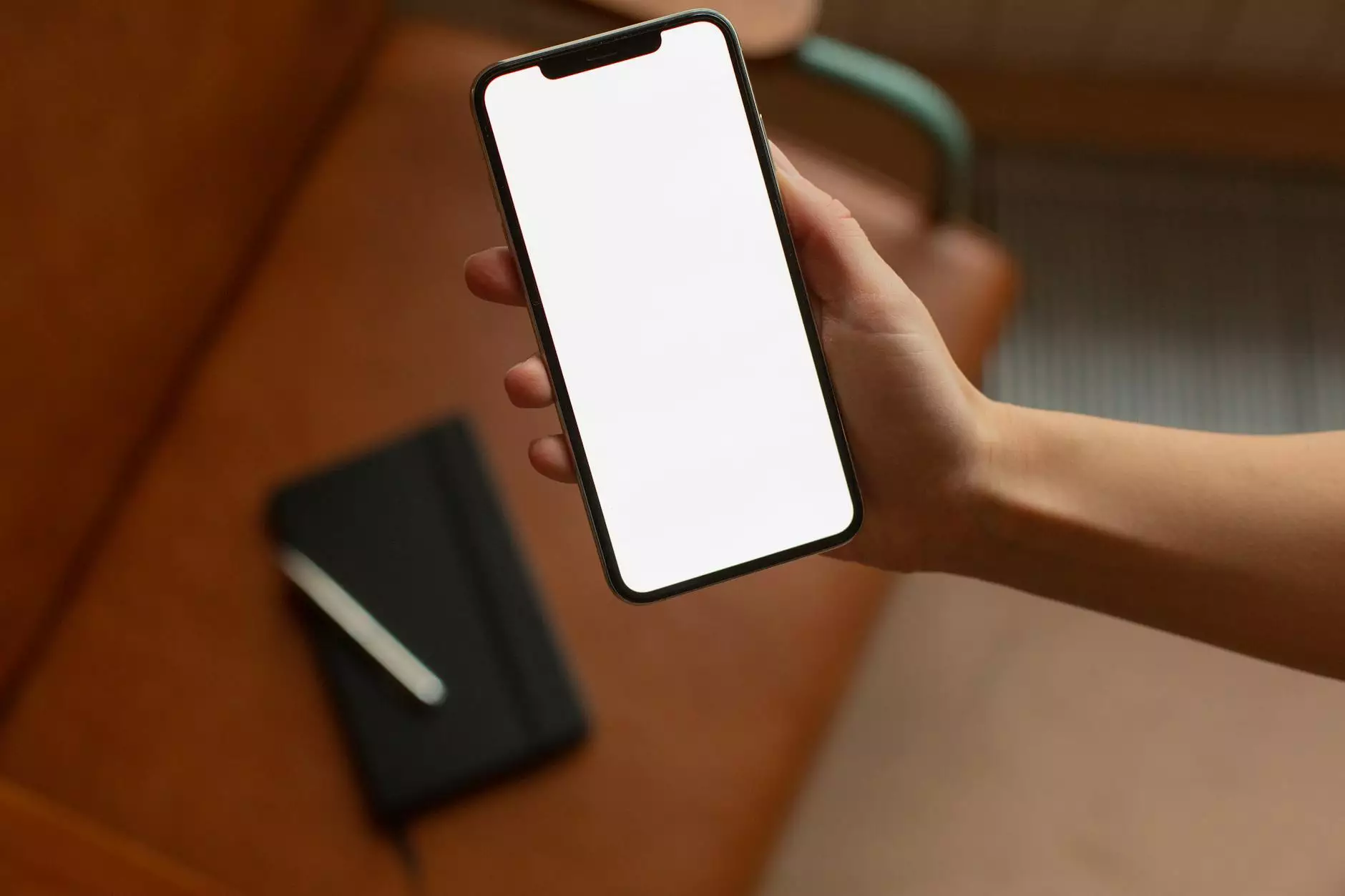Understanding Injection Molding Plastics

Injection molding plastics are versatile materials that have transformed manufacturing in countless industries. This article delves into the intricate processes involved in injection molding and explores its crucial role in metal fabrication, highlighting the expertise of deepmould.net.
What is Injection Molding?
Injection molding is a manufacturing process for producing parts by injecting molten material into a mold. The process uses thermoplastics or thermosets, which is why injection molding plastics have become a preferred choice for creating intricate designs.
The Process of Injection Molding
The injection molding process involves several critical steps:
- Material Selection: Choosing the right type of plastic is crucial. Common materials include polycarbonate, polyethylene, and polypropylene.
- Heating: The selected plastic is heated until it is in a molten state, ready for injection.
- Injection: The molten plastic is injected into a pre-designed mold.
- Cooling: The plastic inside the mold cools and solidifies, forming the desired shape.
- Removal: Once cooled, the mold is opened, and the finished part is ejected.
The Benefits of Using Injection Molding Plastics
Why is injection molding a game-changer in manufacturing? Here are several benefits:
- High Efficiency: The process is rapid, allowing for mass production of parts in a short time frame.
- Cost-Effectiveness: Once the mold is created, the cost of producing additional parts decreases significantly.
- Complex Geometries: Injection molding allows the creation of complex shapes that would be difficult or impossible to achieve with other methods.
- Consistency: The process ensures uniformity in the parts produced, which is essential for quality control.
- Multiple Materials: Various types of plastics can be used, enabling a wide range of applications.
Applications of Injection Molding Plastics in Metal Fabrication
The intersection of injection molding plastics and metal fabrication is an exciting area of innovation.
Integrating Plastics and Metals
In metal fabrication, plastics are often used for various components. Here are a few applications:
- Insulation: Plastic components are used for insulation in electronic devices.
- Casing: Plastic casings help protect metal parts while providing aesthetic appeal.
- Gaskets and seals: Plastic gaskets can enhance the performance and longevity of metal components.
The Role of DeepMould in Injection Molding
At deepmould.net, we pride ourselves on utilizing advanced injection molding techniques to cater to the needs of our clients in the metal fabrication sector. Our expertise allows us to provide:
Custom Solutions
DeepMould understands that every project is unique. We offer tailored solutions to meet specific requirements, ensuring that the parts we produce seamlessly integrate with metal elements.
Advanced Technology
Our state-of-the-art injection molding machines and techniques ensure high-quality production. We employ:
- Automated Systems: To enhance precision and reduce the possibility of errors.
- Real-Time Monitoring: Enabling us to maintain standards throughout the production process.
Challenges in Injection Molding Plastics
While there are numerous benefits, certain challenges come with injection molding:
- Initial Setup Costs: The costs associated with designing and producing molds can be high.
- Material Limitations: Not all plastics are suitable for all applications, necessitating thorough material selection.
- Lead Times: Depending on the complexity of the design, lead times for delivery can vary.
Future Trends in Injection Molding Plastics
As technology continues to evolve, the future of injection molding plastics looks promising. Here are some expected trends:
Increased Use of Bioplastics
With growing environmental concerns, bioplastics are gaining traction. They offer a sustainable alternative to traditional plastics and can reduce the carbon footprint of manufacturing.
Smart Technology Integration
Incorporating IoT (Internet of Things) technology into injection molding will enable better monitoring, predictive maintenance, and enhanced efficiency.
Conclusion
In conclusion, injection molding plastics play a vital role in modern manufacturing, particularly in the metal fabrication industry. With its ability to provide cost-effective, high-quality, and complex components, it is an essential process that will continue to evolve. At deepmould.net, we are committed to leveraging the latest technologies and methods to serve our clients’ needs effectively.
For more information on how we can assist with your injection molding projects, feel free to contact us today!








